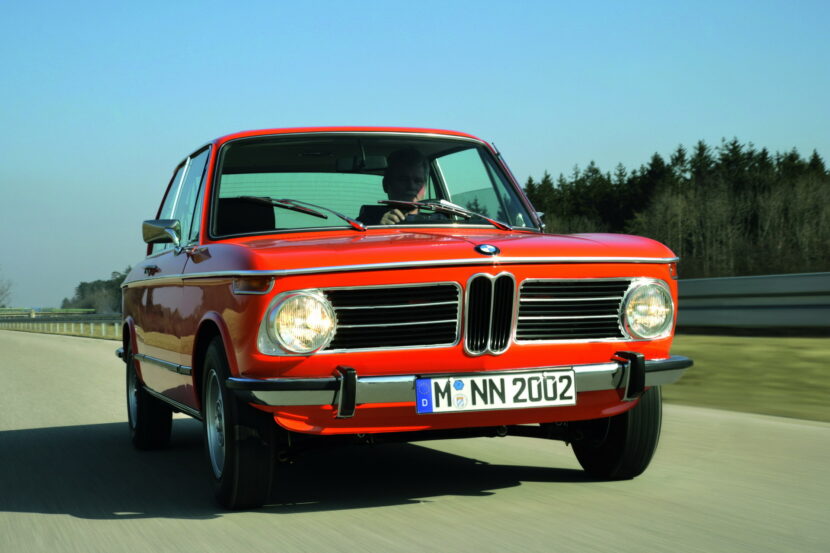BMW has been experimenting with hydrogen prototypes for nearly half a century, but none have reached production. After announcing it would launch a fuel cell model in 2028, we now have confirmation about the vehicle’s identity. Yes, it’ll be based on the next-generation X5. Codenamed “G65,” the luxury SUV will feature a hydrogen system co-developed with Toyota. But that’s not all.
Five Drivetrain Options for the Next-Gen X5
Munich has also confirmed a battery-electric X5 is on the way. This makes the upcoming generation the first BMW to be offered with five drivetrains: gasoline, diesel, plug-in hybrid, battery electric, and hydrogen fuel cell. Some doubted the diesel would survive amid increasingly strict emissions rules, but the “B57” 3.0-liter straight-six is safe for now. Engineers have updated it to comply with Euro 7.
The Battery-Electric BMW X5
While the iX5 Hydrogen will be limited to select markets, the battery-electric model is expected to have global availability. The traditional EV is widely believed to use the Gen6 electric motors and batteries introduced in the 2026 iX3. That’s despite the next X5 still riding on the tried-and-true CLAR platform. It can only mean the architecture is undergoing significant changes to integrate Neue Klasse hardware.
All drivetrains except the hydrogen fuel cell are expected to be offered from day one. Series production is reportedly slated for August 2026, with the fuel cell version to follow a couple of years later. By the time the iX5 Hydrogen arrives, BMW will likely have expanded the lineup with M Performance variants on both the combustion and electric fronts.
BMW’s Hydrogen Strategy
Technical specifications are still under wraps, but BMW insists the hydrogen version will stay true to the brand’s DNA. “The new BMW iX5 Hydrogen will be a true BMW – pioneering in its class and delivering the BMW-typical driving pleasure,” said Michael Rath, Vice President of Hydrogen Vehicles at BMW Group.
To support the rollout of the fuel cell model, BMW is investing in hydrogen infrastructure. The Hydrogen Mobility at Scale (HyMoS) project has already entered a pilot phase in Germany and France, strengthening existing stations and preparing for expansion in major urban areas. While most rivals have abandoned hydrogen, BMW remains confident in its potential.
The company views hydrogen as the “missing piece for completing the electric mobility puzzle” in regions where charging infrastructure remains underdeveloped. Even so, another alternative may be on the table: BMW is reportedly considering reintroducing range-extending technology for the electric X5. Like the i3 REx, it would use a small combustion engine not to drive the wheels but to recharge the battery. Whether this REx system returns, however, is still far from certain.







































































